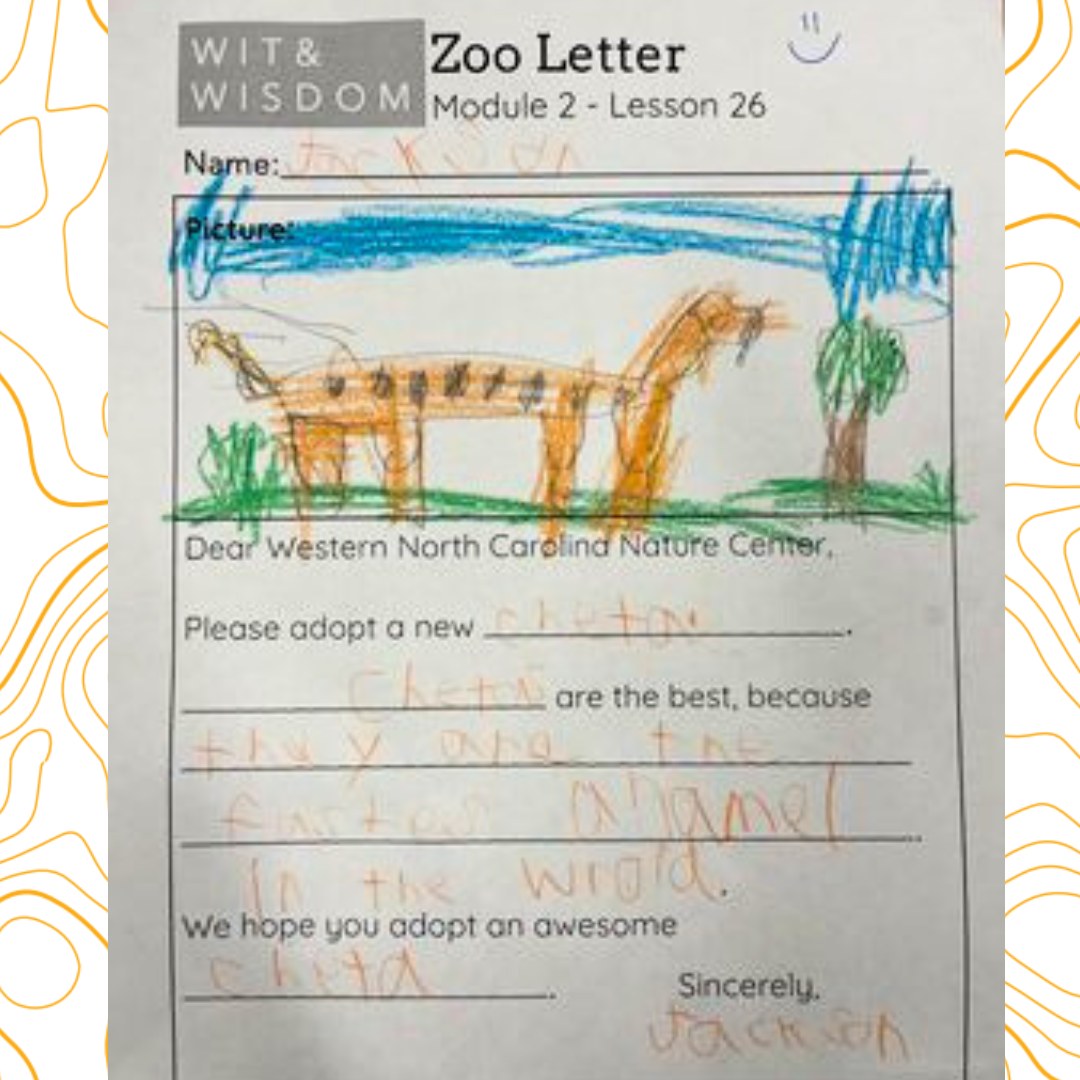– The importance of species-specific habitat and care in zoo settings.
– Cheetahs as ambassadors for conservation and education.
– The role of coyotes and peregrine falcons in local ecosystems.
– Challenges and considerations in wildlife adoption and zoo management.
– Conservation strategies and the role of zoos in preserving biodiversity.
Several critical factors merit consideration when discussing the potential adoption of a new animal at a zoo. While the allure of exotic and swift species like cheetahs is understandable, zoos must prioritize the welfare of the animals, the educational value to visitors, and the overall conservation message. So, let’s explore what makes cheetah adoption attractive and complex and why local species such as coyotes and peregrine falcons deserve recognition for their ecological roles.
Cheetahs are the fastest land animals, capable of reaching speeds up to 70 miles per hour in mere seconds. Their sleek design, specialized muscles, and enlarged heart and lungs make them the epitome of speed. Their predatory prowess is a natural wonder, fascinating audiences worldwide. However, they require extensive care, specific dietary needs, and large enclosures that mimic their natural savanna habitats. Institutions like the Western North Carolina Nature Center must carefully evaluate these aspects if they ever consider the serious commitment of adopting a cheetah.
Moreover, the appeal of cheetahs goes beyond their speed; they are pivotal in educating the public about conservation issues. Cheetah populations have declined due to habitat loss, human-wildlife conflict, and illegal wildlife trade. By hosting a cheetah, a nature center can become a platform for raising awareness about these threats and fostering support for conservation efforts. Nevertheless, zoos must balance this potential for outreach with the capability to provide optimal care for such a demanding species.
Turning our attention to the local fauna of Western North Carolina, we see that coyotes serve as a valuable part of the ecosystem. Like Cal and Walker, Coyotes are housed at the Nature Center and have impressive attributes. With the ability to reach up to 43 miles per hour, they are the current titleholders for the fastest animals at the center. Coyotes are highly adaptable predators, thriving in varied landscapes across North America. Their presence at the Nature Center offers visitors a glimpse into the region’s biodiversity and an opportunity to learn about species that play a critical role in local environments.
Similarly, peregrine falcons capture regional interest as the world’s fastest birds, reaching astonishing dive speeds of up to 240 mph. They hold a speed record and represent a successful story of wildlife conservation, having rebounded from the brink of extinction in many areas due to DDT pesticide bans and active recovery efforts. By highlighting local species like the peregrine falcon, the Nature Center can emphasize the importance of conservation initiatives that benefit wildlife populations in visitors’ backyards.
Zoo management and wildlife adoption require a comprehensive approach that addresses ethical treatment, educational impact, financial feasibility, and long-term conservation goals. Zoos have evolved from simple menageries to institutions dedicated to research, education, and the preservation of biodiversity. Wildlife adoption, particularly of species like the cheetah, is not a decision to be taken lightly. It involves assessing the capacity to provide specialized care and to replicate natural habitats as closely as possible so the animals can exhibit natural behaviors.
Furthermore, conservation strategies are vital in zoo operations and wildlife preservation. Zoos actively participate in breeding programs, habitat restoration projects, and field research to conserve species and educate visitors about the delicate balance of ecosystems. Every animal exhibit is an opportunity to discuss conservation and inspire responsible environmental stewardship.
In all, the Western North Carolina Nature Center and similar institutions must carefully weigh the benefits and responsibilities when considering the adoption of new wildlife. While cheetahs are exceptionally charismatic creatures, their needs and conservation status must align with the abilities of the zoo to care for them effectively. At the same time, celebrating native species like coyotes and peregrine falcons encourages appreciation for local wildlife and ecosystems, which is equally important. The future of zoos and nature centers lies in fostering connections between humans and the natural world, promoting understanding and action for wildlife conservation, and ensuring the health and well-being of all species under their care.
*****
Source Description
“Dear Western North Carolina Nature Center, Please adopt a new cheetah. Cheetahs are the best because they are the fastest animals in the world. We hope you adopt an awesome cheetah. Sincerely, Jackson.”
While cheetahs aren’t native to Western NC, we do have coyotes. They are the fastest animals at the Nature Center. Coyotes, like Cal & Walker, can run up to 43 miles per hour in short bursts while hunting prey. Did you know that the fastest animal on earth is native to our area? The peregrine falcon can dive at up to 240 mph!

